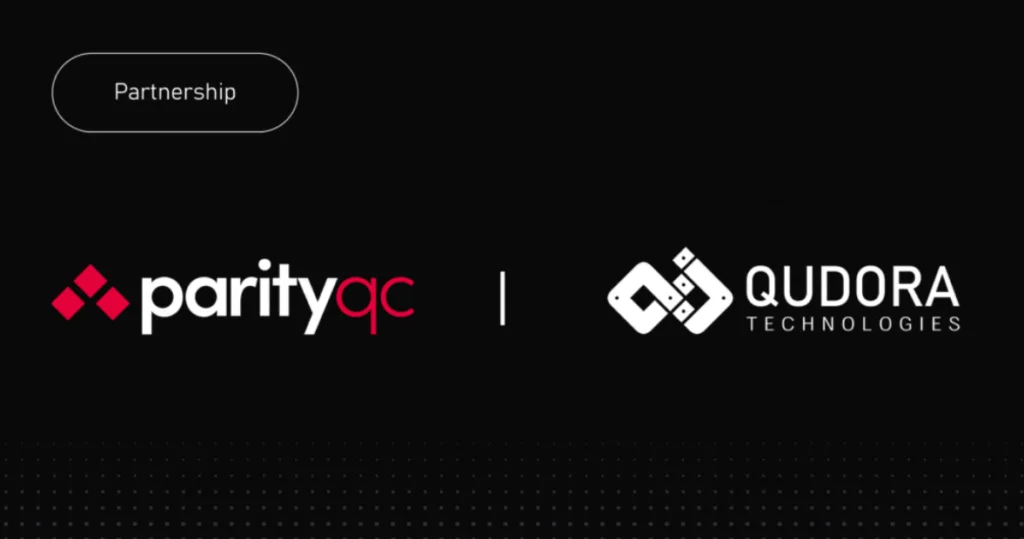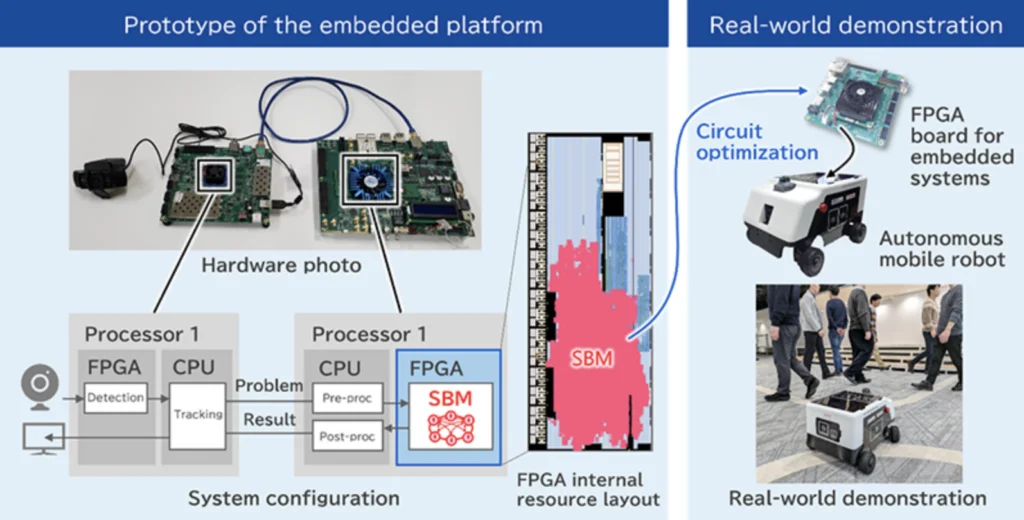PRESS RELEASE — IonQ (NYSE: IONQ), the industry leader in quantum computing, today announced support for specifying quantum circuits in a hardware-native gate format across its systems. Researchers, academic institutions, and developers looking for new ways to test, learn and discover real-world solutions can now more precisely and expressively define their algorithms that run on IonQ quantum hardware.
IonQ provides customers with access to its cloud quantum computing platform – the IonQ Quantum Cloud – which allows users to run quantum programs on IonQ’s hardware remotely. Customers have the flexibility and simplicity to define quantum algorithms in whatever format best suits their needs, and the platform’s proprietary compilation, optimization and post-processing stack ensure consistent, high-quality results. However, advanced researchers and developers often need more fine-grained control over each individual gate run on hardware when exploring novel algorithms, solutions, and fundamental techniques.
In order to serve this group of innovators more effectively, IonQ is further democratizing access to its industry-leading hardware by providing users with the ability to submit quantum programs using its hardware-native gate format. Developers can now specify precisely what is happening to every qubit throughout their entire algorithm, improving overall usefulness through new error mitigation or post-processing techniques. The feature is now available via IonQ’s direct API, Google Cloud Marketplace integration, and a variety of open-source tools such as Qiskit, Cirq, PennyLane, and others.
“Researchers, academics, developers, and other ‘tinkerers’ like to be as close to the metal as possible when designing quantum experiments that can surpass today’s benchmarks – they want to be able to play at every layer of the stack to extract as much performance and novel insight as possible from these systems,” said Nathan Shammah, from Unitary Fund, the nonprofit organization developing Mitiq, the first open-source software for quantum error mitigation. “IonQ providing a native gate interface across several open-source tools further opens access and paves the way for the open source community to maximize control and improve performance in quantum computing software.”

“By providing the open source community with greater access to IonQ’s quantum hardware through native gates, we are doubling down on our commitment to provide researchers with the tools needed to experiment with quantum computers in the way they best see fit,” said Jungsang Kim, Co-Founder and CTO at IonQ. “Quantum’s true potential will only be realized by those willing to push the boundaries of what’s possible, and IonQ’s industry-leading hardware provides the ideal platform to build on top of and seek out solutions for the world’s most complex problems.”
Today’s news is the latest in a series of announcements by IonQ designed to push accessibility to quantum systems forward. In March, IonQ unveiled an industry-standard #AQ performance benchmark set to evaluate the quality of results output from a quantum computer. Additionally, the company announced in February the development of the N-qubit Toffoli gate alongside Duke University, introducing a new way to operate on many connected qubits at once by leveraging multi-qubit communication. More recently, IonQ announced the extension of its commercial partnership with Hyundai Motors to use quantum machine learning to improve the computation process for tasks like road sign image classification and simulation in a real-world test environment.
If you found this article to be informative, you can explore more current quantum news here, exclusives, interviews, and podcasts.















